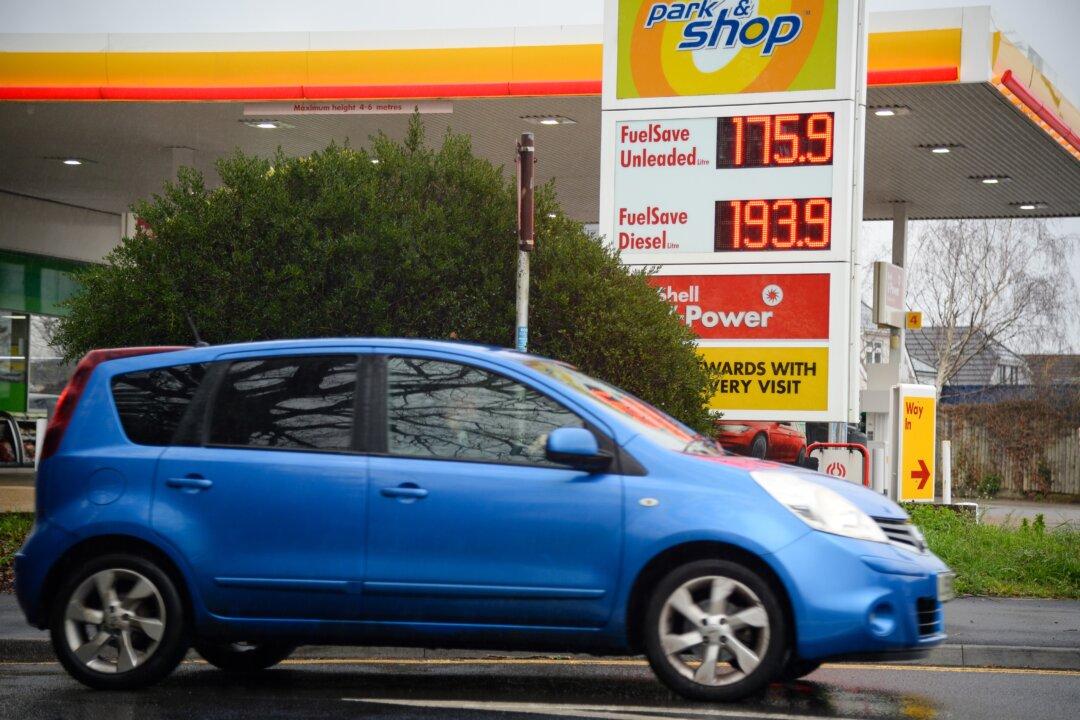Cases of petrol and diesel theft at garage forecourts have increased dramatically, new data has revealed.
Information obtained by the RAC Foundation showed that in the third quarter of the year, the Driver and Vehicle Licensing Agency (DVLA) received close to 40,000 requests in relation to fuel theft.





